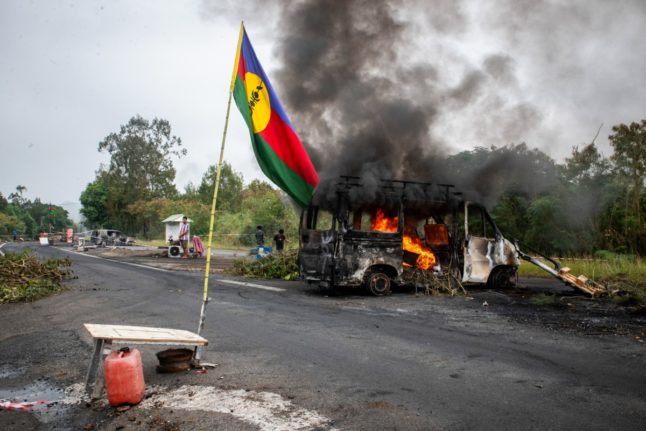In April, the French government passed a decree that will tighten up residency requirements for different types of benefits, including the old-age top-up benefit.
Previously, the rule for most benefits was residency in France for at least six months of the previous year to qualify, though some required eight months and others, like the RSA (a top-up for people with little to no income) requires nine months’ residency per year.
However, the government announced in 2023 its intention to increase the period to nine months for several different programmes – which was put into decree in April – in an effort to combat social security fraud, as well as to standardise the system.
The changes, which will go into effect at the start of 2025, do not affect access to healthcare – foreigners can still access French public healthcare as long as they have been resident here for a minimum of three months.
Similarly, the rules for accessing chômage (unemployment benefits) have not changed yet. Currently, you must have worked for at least six months out of the last 24 months to be eligible, as well as meeting other criteria including how you left your previous job.
This may change in the future, however, with the French government poised to reform the unemployment system again.
READ MORE: How France plans cuts to its generous unemployment system
Which benefits are affected?
The old-age benefit – or the ASPA – will apply the new nine month requirement. Previously, people needed to be in France for at least six months out of the year to qualify.
If you receive this benefit already, you will probably get a letter in the mail in the near future informing you of the change – this is a form letter and does not necessarily mean that your benefits will change.
If you are already a recipient – and you live in France for at least nine months out of the year – then you do not need to worry about your access to the ASPA changing.
If you want to access this benefit, it is available to certain foreigners, even though it is intended to help elderly (over 65) French citizens with low state pensions.
It is only available to foreigners who have been living legally in France for at least 10 years, and starting in 2025 you will need to spend nine out of 12 months a year in France. You can find more information at THIS French government website.
Otherwise, prestations familiales, or family benefits will be affected by the new nine month residency rule. These are available to foreigners with valid residency cards, as long as their children also live in France.
This includes the family allowance (given out by CAF), which is available for families on low incomes with more than two children, as well as the ‘Prime à la Naissance’, which is a means-tested one-off allowance paid in the seventh month of pregnancy to effectively help with the start-up costs of becoming a parent, will also be affected by the new nine month residency rule.
READ MORE: France’s family benefit system explained
If you receive these benefits already, then you will likely receive a letter explaining the changes shortly.
And finally – the RSA, which is the top-up benefit for people with little to no income, was already held to the nine month standard, so there will be no residency-related changes.



 Please whitelist us to continue reading.
Please whitelist us to continue reading.
Member comments